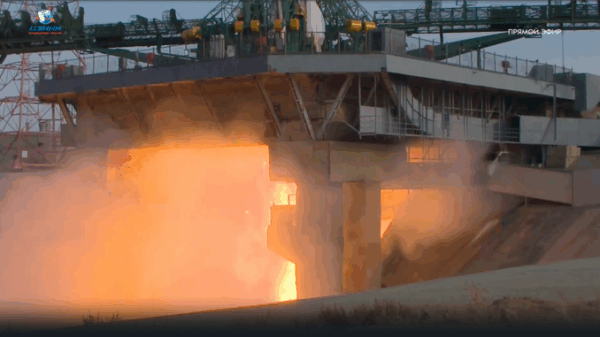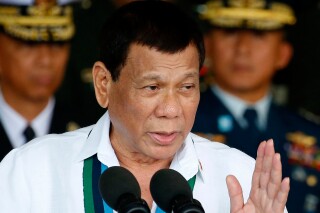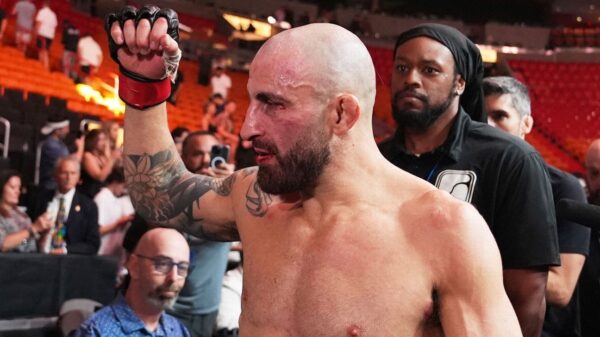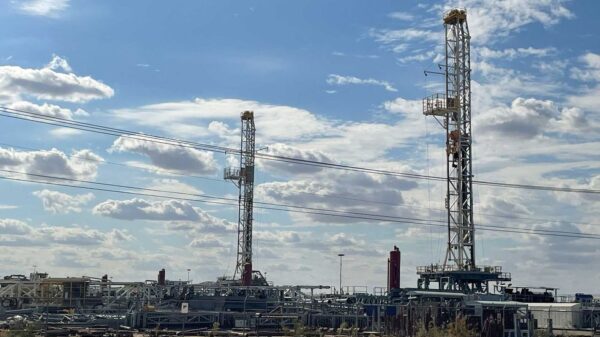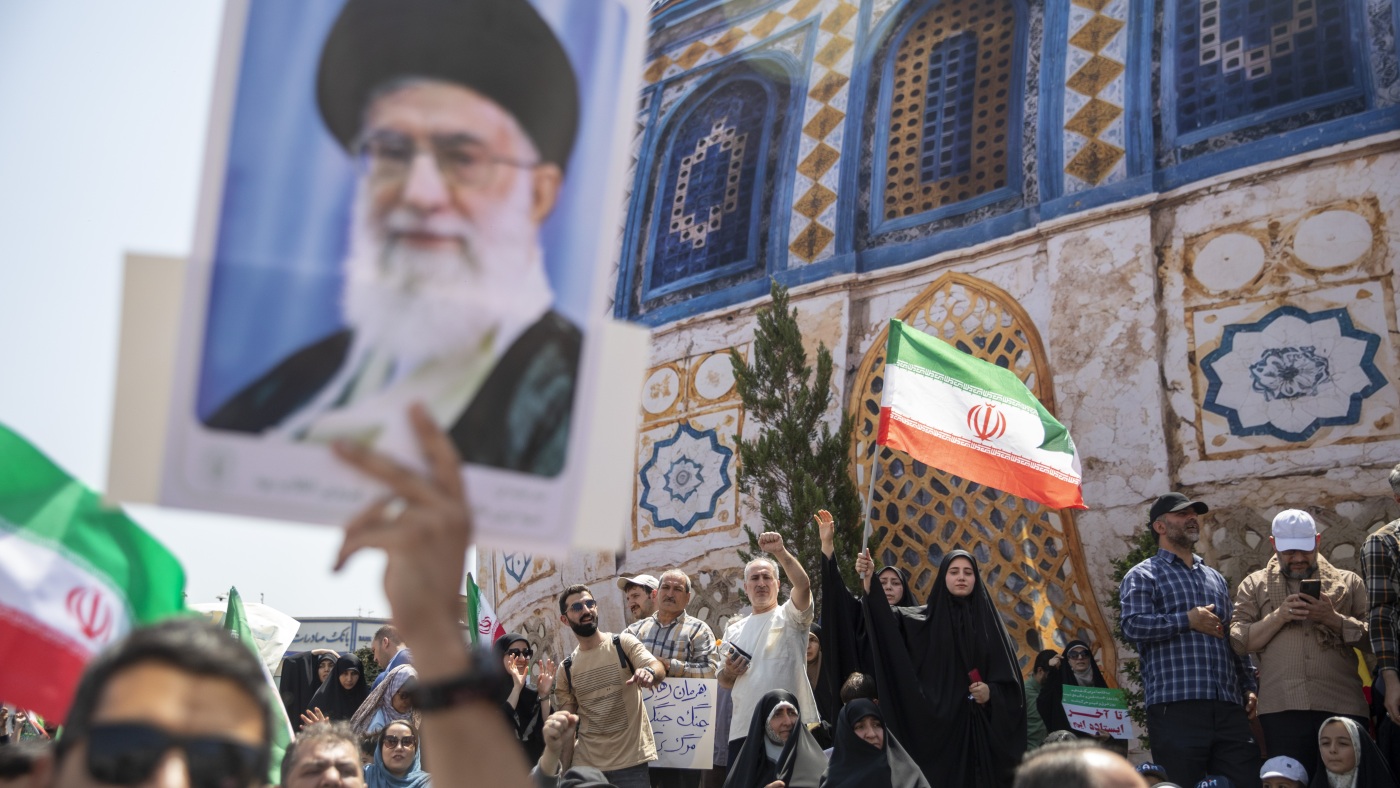In the wake of the recent 12-day conflict between Iran and Israel, attention has shifted back to a critical question: who will succeed Iran’s Supreme Leader Ayatollah Ali Khamenei? At 86 years old, Khamenei was reportedly a potential target during the hostilities, intensifying speculation about the future leadership of the Islamic Republic.
This is not the first time Iran has faced the daunting task of selecting a new supreme leader. The only previous instance was in 1989 when Khamenei himself was chosen to succeed Ayatollah Ruhollah Khomeini, the architect of the 1979 Islamic Revolution. Now, nearly four decades later, the process is once again at the forefront of Iranian politics, according to Vali Nasr, an Iran expert at Johns Hopkins University and author of Iran’s Grand Strategy: A Political History.
The Succession Process and Its Urgency
“Everything in Iran in the past four or five years has really been about succession,” Nasr explains. Khamenei has occasionally provided the Assembly of Experts, a body of approximately 80 clerics tasked with selecting the next leader, with names of potential successors. However, this assembly often serves as a mere formality for the supreme leader’s preferences. The urgency of selecting a successor has heightened following the recent conflict with Israel and the United States’ bombing of key Iranian nuclear sites.
“I think in the interest of preservation of the state and ensuring its continuity, [Khamenei] created contingency plans to make a transfer of power much more smooth and quick,” Nasr says.
Potential Successors: Hardliners vs. Reformists
Speculation over Khamenei’s successor ranges from hardliners like his son Mojtaba Khamenei and Hassan Khomeini, the grandson of Ayatollah Khomeini, to former reform-minded presidents such as Hassan Rouhani and Mohammad Khatami. Afshan Ostovar, an Iran expert at the Naval Postgraduate School, notes that Khamenei has reasons to keep his preferences under wraps.
“Khamenei is going to lose status because he’s going to have a successor,” Ostovar says, adding that the successor is likely to be a target for political attacks. “So, the longer that successor is known, the longer opponents are going to have to sort of tarnish his brand.”
Ostovar emphasizes that the successor must be a cleric to maintain the Islamic Republic’s identity. “If you didn’t have a cleric succeeding Khamenei, you would no longer have an Islamic revolution,” he states. “It would be a completely different system.”
Challenges and Opportunities for Change
Ali Vaez, head of the Iran project at the International Crisis Group, suggests that the next leader may not necessarily be a religious figure. He points out that Iran has faced significant setbacks under Khamenei, including a battered economy, societal discontent, and military losses. The Islamic Revolutionary Guard Corps (IRGC), a powerful military force, might see this as a chance for transformation.
“It is quite possible that Ayatollah Khamenei is the last supreme leader of Iran,” Vaez asserts. “It is hard to imagine that the military, the Revolutionary Guards, which has paid the highest price for Ayatollah Khamenei’s strategic mistakes, would continue seeing the clerical establishment as an asset and not as a liability.”
The next leader’s qualities and character will be crucial. Ostovar predicts that the successor will likely be perceived as weak by Iran’s powerbrokers, including clerics, politicians, and business leaders. “None of the institutions of power within the Islamic Republic are going to want to just hand over the kingdom to somebody who’s going to become a dictator,” he says.
The Role of the Revolutionary Guards
Khamenei himself was considered weak when he became supreme leader but managed to align himself with the IRGC, which now plays a significant role in Iran’s governance. “They are in the government. They control media. They control vast areas of the economy,” Nasr explains. “They are operating the way the Egyptian or the Pakistani military operate, behind a civilian facade.”
There is a growing realization among many power brokers that Iran’s anti-West stance has reached its limits. “There [are] powerful voices that are not saying we should tomorrow morning become absolute friends of the West,” Nasr notes. “But basically, they’re saying we should end the war with the West and we should go down the path of de-escalation.”
The Future of Iran’s Leadership
The manner of Khamenei’s departure could significantly impact the choice of his successor. If he dies naturally, a moderate leader might emerge. However, if Khamenei is assassinated, a hardline cleric could assume control to maintain continuity.
As Iran navigates this critical juncture, the international community watches closely. The successor’s identity and policies will shape not only Iran’s future but also its relations with the rest of the world. The stakes are high, and the outcome remains uncertain.


